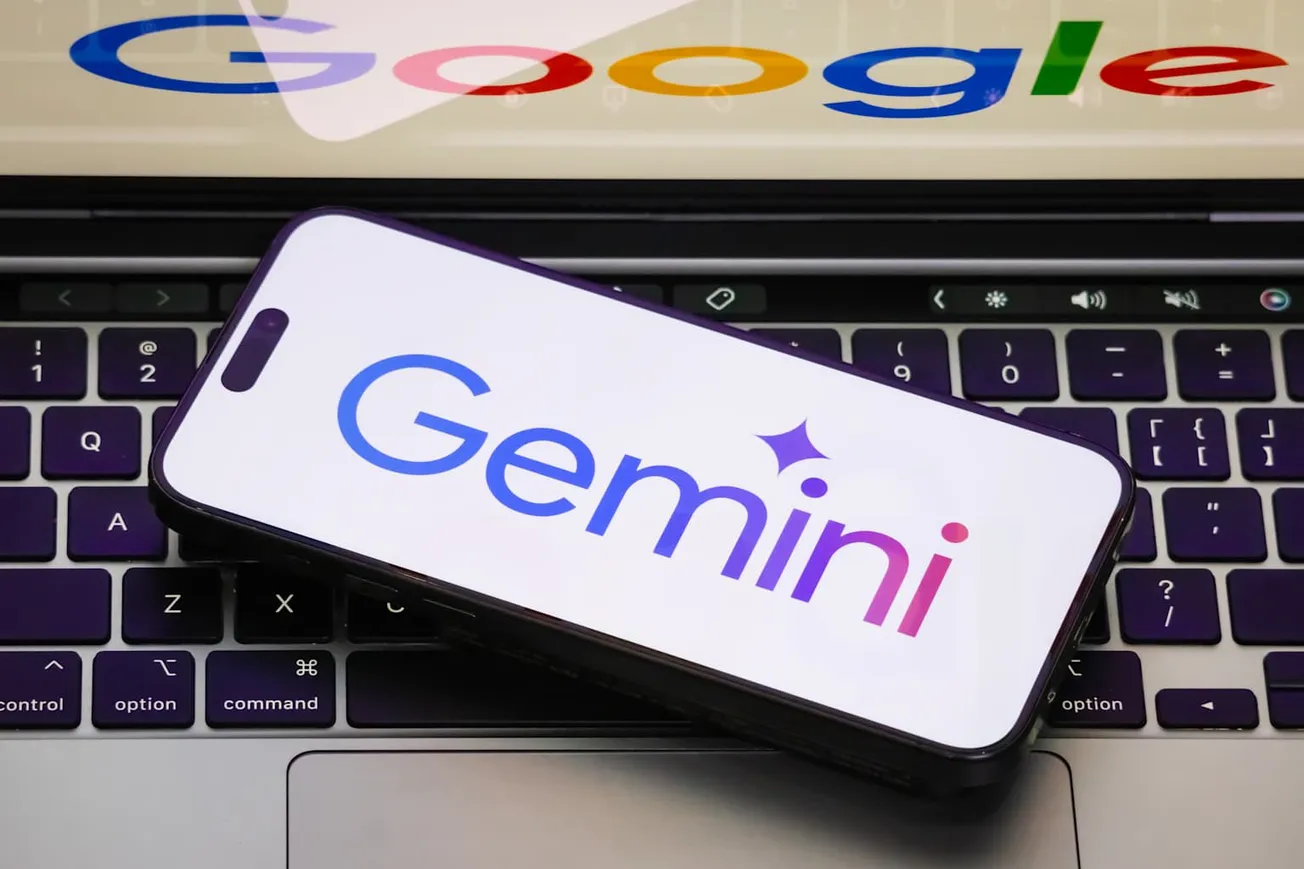Table of Contents
The partnership between Google and Apple to bring Gemini AI to iPhones is set to reshape the mobile AI landscape. With a rollout targeted for late 2025, this collaboration promises to give users more choice, smarter features, and a new era of AI-powered experiences-all while navigating privacy and regulatory challenges.
Key Takeaways
- Gemini AI is expected to become available on iPhones as part of Apple Intelligence by late 2025, pending a deal between Google and Apple.
- Users will be able to choose between Gemini and ChatGPT for advanced AI features within Siri and other Apple apps.
- Apple and Google are prioritizing privacy, with clear user controls and transparency about data sharing.
- The integration could debut with iOS 19 and the iPhone 17, marking a significant upgrade to Apple’s AI capabilities.
- Regulatory scrutiny and user sentiment are shaping the rollout, with both companies aiming to set industry standards for privacy and innovation.
- Early technical groundwork is already visible in iOS beta code, signaling Apple’s readiness for multi-model AI support.
- Public reactions are mixed, with excitement about new features tempered by concerns over data privacy and big tech collaboration.
- Gemini’s mobile-optimized Nano model may play a key role, promising fast, on-device AI processing for Apple users.
A New Era: Timeline and Rollout for Gemini AI on iPhone
- Google and Apple are deep in negotiations, with Google CEO Sundar Pichai aiming to finalize a Gemini AI integration deal by mid-2025.
- If successful, Gemini-powered features could debut in iOS 19 and the iPhone 17, likely announced at Apple’s WWDC 2025 and rolling out by year’s end.
- Technical preparations are underway, with backend references to Gemini already spotted in iOS beta releases-a sign that Apple is building the necessary infrastructure for a smooth launch.
- The rollout is expected to mirror Apple’s recent ChatGPT integration, offering Gemini as an opt-in feature rather than a default system-wide AI.
- This timeline aligns with Apple’s broader strategy to enhance its AI offerings and keep pace with competitors in the rapidly evolving mobile AI market.
- The phased approach allows Apple to test user reactions, address privacy concerns, and comply with regulatory requirements before a full-scale launch.
Apple’s careful planning reflects its commitment to both innovation and user trust, ensuring that the Gemini rollout is as seamless and secure as possible.
Integration with Apple Intelligence: How Gemini Will Work on iPhone
- Gemini will be offered as an optional AI model within Apple Intelligence, Apple’s unified AI framework for iPhone, iPad, and Mac devices.
- Users can select Gemini alongside OpenAI’s ChatGPT, giving them flexibility to choose the AI assistant that best fits their needs for tasks like creative writing, answering complex questions, and image generation.
- Siri will be able to leverage Gemini’s advanced reasoning and conversational abilities, handling more nuanced queries and providing richer, context-aware responses.
- Most on-device AI tasks will remain powered by Apple’s own models, with Gemini and ChatGPT reserved for more demanding or cloud-based operations.
- Gemini Nano, Google’s mobile-optimized AI model, is expected to be central to the integration, enabling fast, efficient AI processing directly on Apple hardware.
- The integration will not grant Google deep system access; Apple will maintain strict control over privacy-sensitive features like Mail, Calendar, and automation.
This modular approach allows Apple to offer the best of both worlds: powerful third-party AI capabilities without compromising its core privacy principles.
User Choice and Privacy: Empowering Users in the Age of AI
- Apple is committed to giving users meaningful choices, allowing them to opt in to Gemini or other AI models as part of their Apple Intelligence experience.
- Senior VP Craig Federighi has publicly stated that users will be able to select which AI models power their devices, with Google Gemini explicitly mentioned as an option.
- When users enable Gemini, Apple will provide clear notifications about data sharing, ensuring transparency and informed consent.
- Data processed by Gemini may be sent to Google’s servers, but both companies have pledged to implement industry-leading security protocols to protect user privacy.
- Apple’s privacy-centric approach will remain intact, with robust controls and the ability for users to manage or revoke AI permissions at any time.
- Google’s advancements in federated learning and privacy-preserving AI may further enhance data protection, minimizing the amount of sensitive information sent off-device.
By prioritizing user control and transparency, Apple and Google aim to set a new standard for responsible AI integration in consumer technology.
Current Status and Public Sentiment: Excitement, Skepticism, and Industry Impact
- As of now, Gemini is available to iPhone users through the Google app and widgets, but the upcoming integration will embed it much deeper within Apple’s ecosystem.
- The announcement has sparked excitement among tech enthusiasts, who see the partnership as a leap forward for mobile AI capabilities and user empowerment.
- Some users remain skeptical, voicing concerns about privacy, data sharing, and the influence of big tech companies on personal devices.
- Regulatory scrutiny is expected, given ongoing antitrust cases and the potential for increased consolidation in the AI sector.
- The partnership could redefine the competitive landscape, with Apple leveraging Google’s AI expertise to address criticisms of its own “lukewarm” AI features.
- By offering multiple AI options, Apple may attract users who value both innovation and privacy, setting itself apart from rivals who rely on a single AI provider.
The public discourse reflects a broader tension in tech: the desire for smarter, more capable devices balanced against the need for privacy and autonomy.
Privacy Challenges and Solutions: Navigating the Risks
- Integrating Google’s Gemini AI into Apple’s privacy-centric ecosystem raises complex questions about data collection, storage, and usage.
- Apple’s reputation for safeguarding user privacy is a key reassurance, but the involvement of Google-a competitor with a different data philosophy-amplifies concerns.
- Both companies are expected to implement robust security measures, including on-device processing where possible and strict access controls for cloud-based features.
- Transparency will be critical, with users informed about what data is shared, how it’s used, and how they can control or limit access.
- Regulatory frameworks, including antitrust and data protection laws, will shape the final implementation, potentially mandating stricter compliance and oversight.
- The partnership offers an opportunity for Apple and Google to set industry benchmarks for privacy-first AI, proving that innovation and user rights can coexist.
By addressing privacy head-on, Apple and Google can build trust and pave the way for broader AI adoption in the mobile space.
Gemini AI’s integration into iPhones as part of Apple Intelligence is set to launch by late 2025, offering users more choice, smarter features, and enhanced privacy controls. This partnership could redefine mobile AI, but its success will depend on transparent user empowerment and a steadfast commitment to privacy.
Sources consulted: MacRumors, opentools, pcmag, Ainvest






